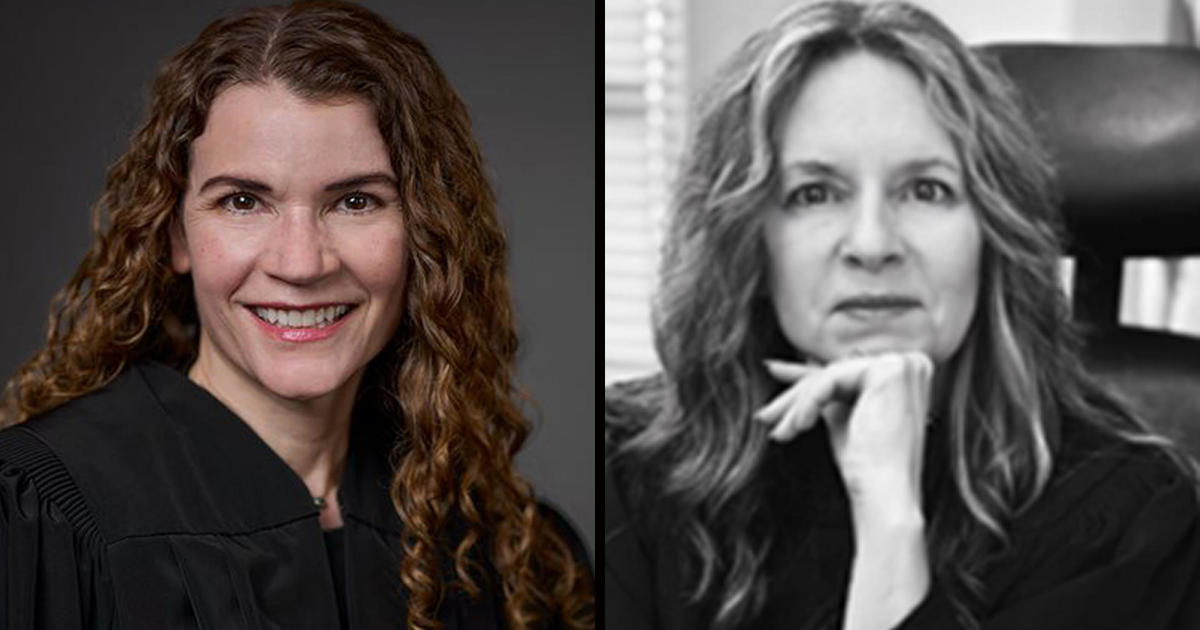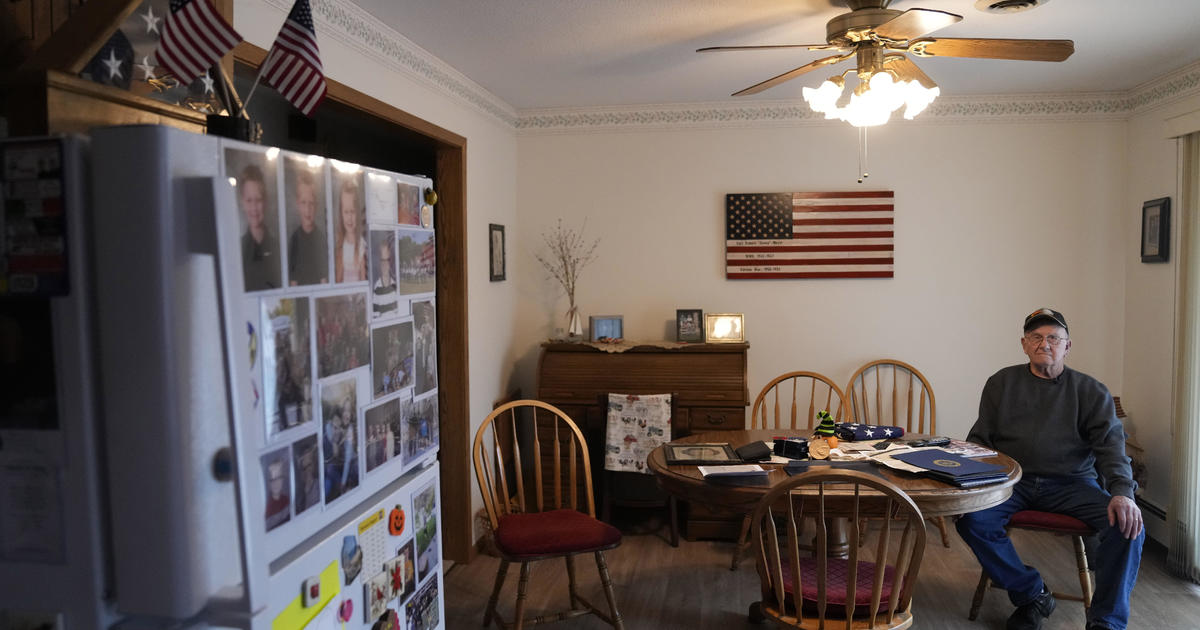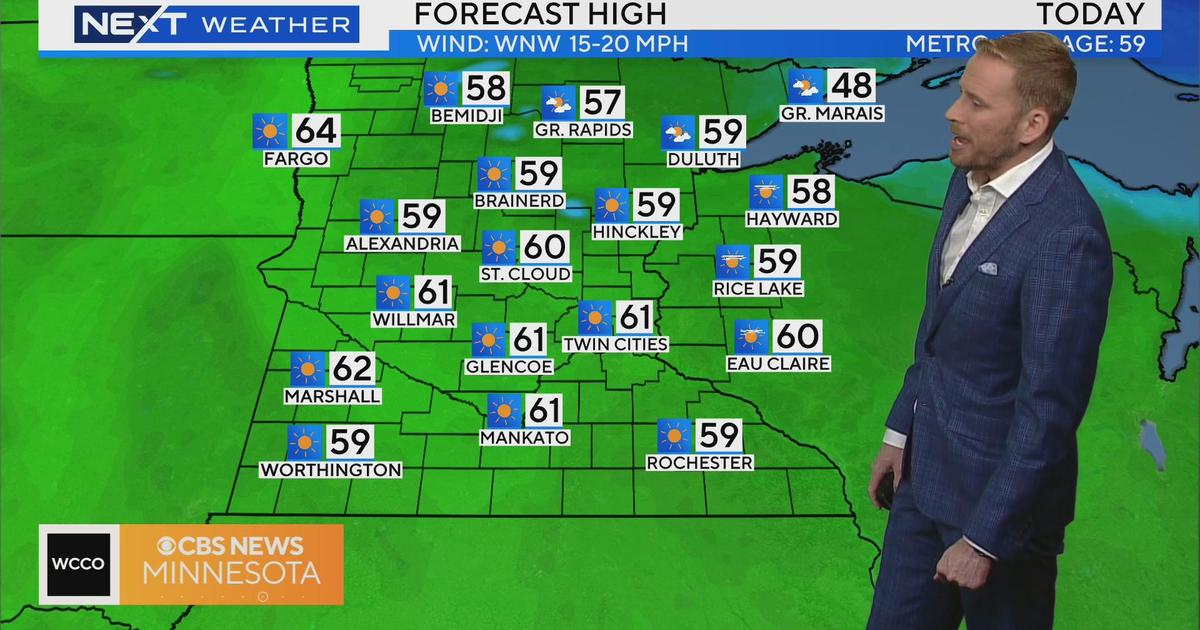How Do Schools Decide To Close For Cold Weather?
MINNEAPOLIS (WCCO) -- By Monday afternoon, most metro schools had announced they were canceling classes through Thursday. District officials cited the "dangerously low temperatures" forecasted for the next three days.
So, how do schools make the decision to close for cold weather? Good Question.
In Anoka-Hennepin Schools, the stated policy is that if the National Weather Service issues a "wind chill warning" -- that exposed skin is frostbitten in less than 15 minutes -- school will likely close.
In Minneapolis and St. Paul, the policy is if wind chill is 35 degrees below zero at 6 a.m. or 6:30 a.m., then school will be closed.
On its website Monday afternoon, Minneapolis Public Schools wrote, "While the temperature at the start of school tomorrow does not fall within our standard guideline for closing of -35 degrees, it quickly drops and is well past that by the end of the school day."
Superintendents across the metro area say the districts communicate with each other for the days leading up to the weather event.
"We're a tight network, we like to be in solidarity as much as possible," says Dr. Joe Gothard, superintendent for St. Paul Public Schools.
On Monday, St. Paul's administrators were at the district office, even as teachers and students remained home. Dr. Gothard and his team spent part of the morning listening to a National Weather Service webinar about windchills over the next three days.
"I think what I'm looking for is what kind of consistency, what kind of confidence do they have in what it will be," says Dr. Gothard.
He says there are lots of factors to consider when it's cold enough to cause frostbite in 15 minutes. He says wait times for buses, especially with a fresh snowfall, could be longer in the cold.
"In the afternoon, it could be as simple as a student knocking on their door to get in and someone was delayed at work and having nowhere to go," Dr. Gothard says. "Those are very real things."
Gov. Tim Walz said today he would leave it up to the local school districts to make the decision for themselves. Gov. Dayton canceled school statewide once in 2014. Governor Arne Carlson did it three times between 1994 and 1997.
And, as for whether superintendents are more likely to cancel school now, compared to a generation ago, Dr. Gothard pointed to improved forecasting and weather information.
"I think the other thing is we are a better-connected society," he says. "So we hear from our stakeholders, good bad or otherwise, a lot more than we did the past."



